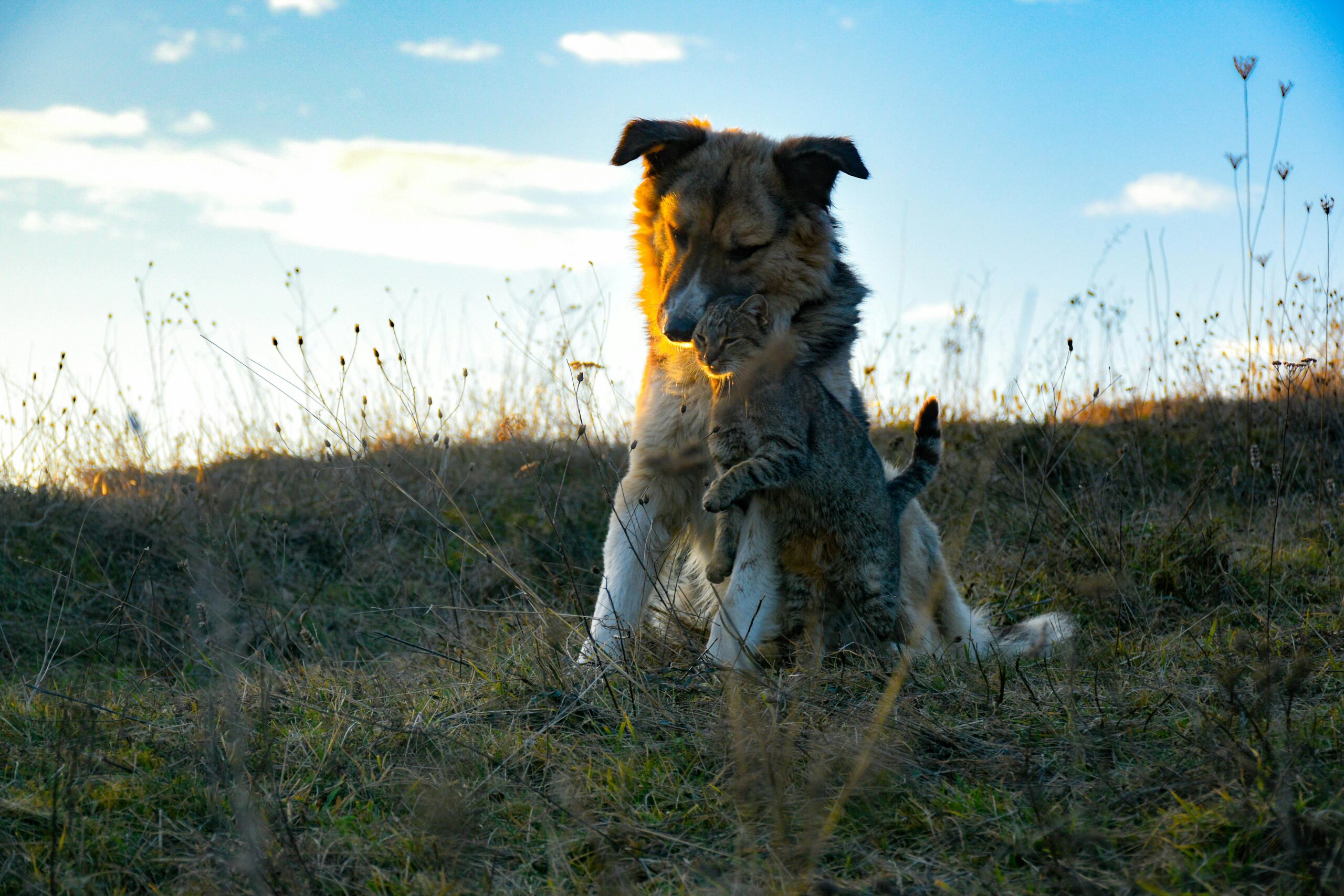Bringing home a new pet, whether it’s a bouncy puppy, a sleepy kitten, a parrot with opinions, a little school of fish, or a lizard that looks like it came from a sci-fi movie, is exciting. It’s also a bit overwhelming. Suddenly, you’re the one responsible for making sure this tiny (or not-so-tiny) life is safe, fed, and happy.
When I got my first parrot, I thought it was going to be like having a feathery roommate. Turns out, it’s more like having a toddler who can fly and chew through your furniture. So yeah, there’s a learning curve.
Here are ten pet care basics I wish someone had handed me on day one.
1. Feed Them the Right Stuff
Seems obvious, but you’d be surprised how many people guess what their pet should eat. Don’t. Dogs and cats need food made for their life stage and size (and no, table scraps don’t count).
Birds? They’re picky little gourmets, most need pellets, fresh fruit, and veggies. Fish? Totally depends on the species, some want flakes, others need frozen or live food. Reptiles are even fussier. My friend’s bearded dragon will eat crickets like candy but completely ignore lettuce.
And please, fresh water, always. Unless you own a reptile that doesn’t need it, but that’s a whole other thing.
2. Make Their Space Work for Them
Your pet’s “home” isn’t just where they live, it’s their whole world. Dogs love a cozy bed and a safe yard. Cats want windows to spy on the neighbourhood and litter boxes that aren’t a war zone. Birds need space to actually stretch their wings, not just hop between two perches.
Fish need stable water conditions (skip one tank cleaning and you’ll regret it). Reptiles require heat, light, and humidity that mimic their natural environment. A friend of mine had a gecko that stopped eating, it was just because the tank was too cold.
3. Keep Their Brain Busy
A bored pet is trouble. Dogs will chew shoes, cats will redecorate with claw marks, and parrots… well, they’ll yell. A lot.
Walks, games, puzzle feeders, climbing trees, hide-and-seek toys, whatever keeps them active. Even fish appreciate plants and caves to explore. Yes, fish get bored. I didn’t believe it until I saw my betta follow me around the tank like a little aquatic stalker.
4. Go to the Vet Before You Have To
Vets aren’t just for emergencies. Regular check-ups catch stuff before it becomes a big deal. Vaccines, parasite prevention, and dental care are all part of the package.
For fish, that means testing water quality. For reptiles, checking temps and UVB light. And for birds, if the feathers look off or they’re puffed up all day, get them checked. They’re masters at hiding illness.
5. Grooming Isn’t Optional
You don’t have to turn your pet into a show animal, but a little maintenance goes a long way. Dogs and cats need brushing and nail trims. Birds enjoy mist baths. Reptiles sometimes need help shedding. Fish tanks, yes, that’s “grooming” too; nobody likes a green, slimy home.
I once found a tick on my dog just because I was brushing him. Would’ve missed it otherwise.
6. Handle with Care (Literally)
Not every pet likes to be touched the same way. Some snakes will happily slither over your hands, others just want to be left alone. Same for cats, rabbits, and yes, even dogs.
If they’re new to you, go slow. Let them decide how much handling they’re okay with.
7. Don’t Force a Social Life
Some pets are social butterflies. Others are total introverts. Guinea pigs like company. Most snakes? Not so much. Betta fish? Definitely solo.
Learn what your species prefers before you accidentally stress them out with “friends.”
8. Pay Attention to the Little Changes
You know how you can tell when your friend is in a bad mood without them saying a word? Same thing with pets. If your cat suddenly hides all day, your bird’s quieter than usual, or your gecko skips a meal, it’s worth looking into.
9. Pet-Proof Like You’re Baby-Proofing
Wires, toxic plants, open windows, household cleaners, and pets find trouble faster than you can hide it. Birds chew cables. Puppies eat socks. Cats knock over everything you own.
If it can hurt them, lock it away or block it off.
10. Train (Yes, Even Your Rabbit)
Training isn’t about making your pet “obedient”; it’s about communication. Dogs can learn sit and stay, cats can learn where to scratch, parrots can learn to step up, and yes, rabbits can be litter trained.
Also, pets thrive on routine. Feeding, playtime, and sleep should be roughly the same every day. It makes them feel safe.
Final Thought
Good pet care is part science, part common sense, and part just paying attention. Love them, learn about them, and don’t assume all animals have the same needs. If you do that, you’re on your way to being their favourite human, and honestly, that’s the best reward there is.
Frequently Asked Questions
How can I keep my pet’s mind sharp?
Rotate toys, change up habitats, provide foraging opportunities, and teach new behaviours or tricks, even for less conventional pets like reptiles or fish (using food puzzles or rearranging tank décor).
How do I know if my bird or small animal is lonely?
Look for signs like increased vocalisation, feather or fur plucking, or withdrawn behaviour. Consult a vet or animal behaviourist for advice tailored to your species.
Can fish or reptiles bond with people?
While their affection may look different from mammals, many fish and reptiles learn to recognise their owners and may even seek their presence during feeding or handling.


No responses yet